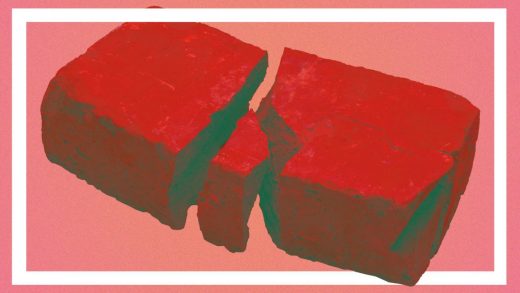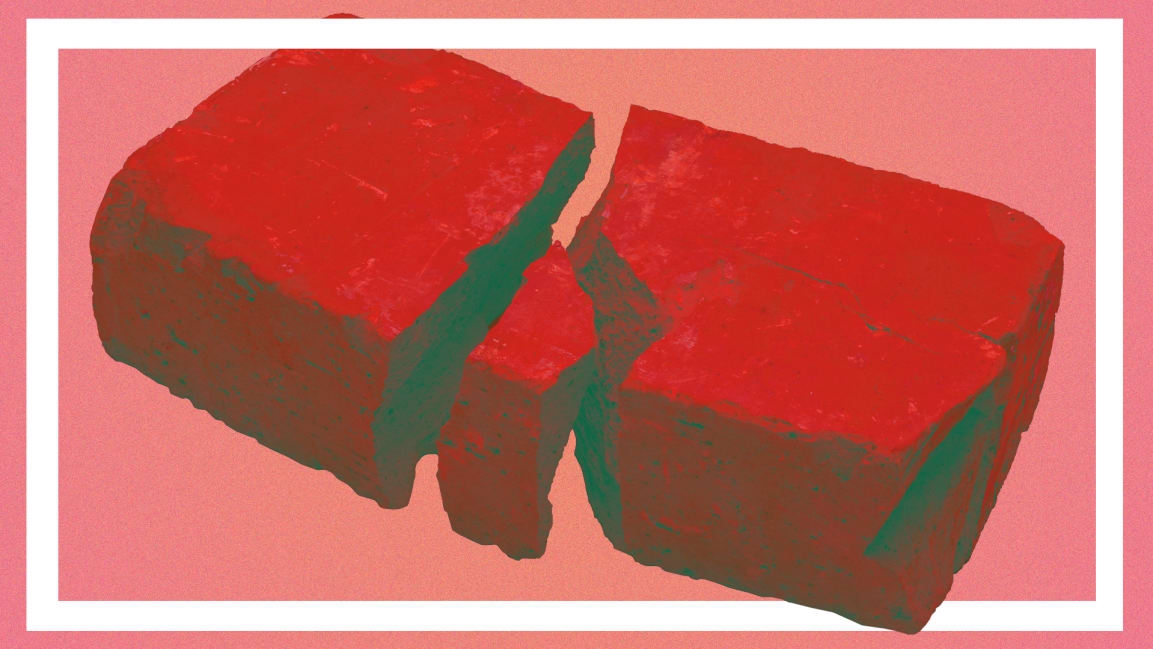Princeton researchers just exposed the most pervasive and harmful myth about poverty
There’s a new cognitive bias to be aware of, and this one is devastating to society: the pervasive belief that poor people are somehow happier with less, as well as better-equipped to handle distress.
A new series of 18 studies out of Princeton University shows that people consistently perceive poorer individuals as more “hardened” to life due to their assumed prior challenges, and therefore emotionally “thicker skinned.” The belief persists across Black, white, Asian, and Latino groups, and across professions, including those that deal directly with low-income groups, such as mental health and education.
The researchers say that the bias likely leads to further neglect toward those who most need compassion and extra aid. “They may receive less courtesy, less care, and less attention, along with greater neglect and disrespect,” said Princeton professor of behavioral science and public policy Eldar Shafir, who calls this “thick-skin bias.”
Instead, focused attention, effort, and resources are probably directed toward the higher-socioeconomic people who are perceived as less able to handle bad outcomes. These accommodations often happen unintentionally, “when such treatment is neither strategic, nor profitable, nor even intentional.”
The idea that poorer people have thicker skin is, of course, wildly untrue. “Chronic stress and repeated adverse life experiences of the kind often encountered by those in poverty do not buffer against future such negative events. On the contrary, they can exacerbate their impact,” Shafir notes.
He finds the bias concerning, as it likely prevents laypeople from seeing the pain and distress of people in lower socioeconomic demographics, and shapes the responses of employees in fields like finance, housing, law, and philanthropy to people who need courtesy and care.
(31)



